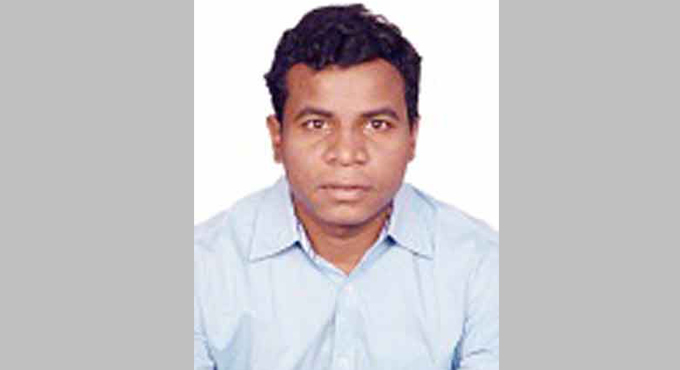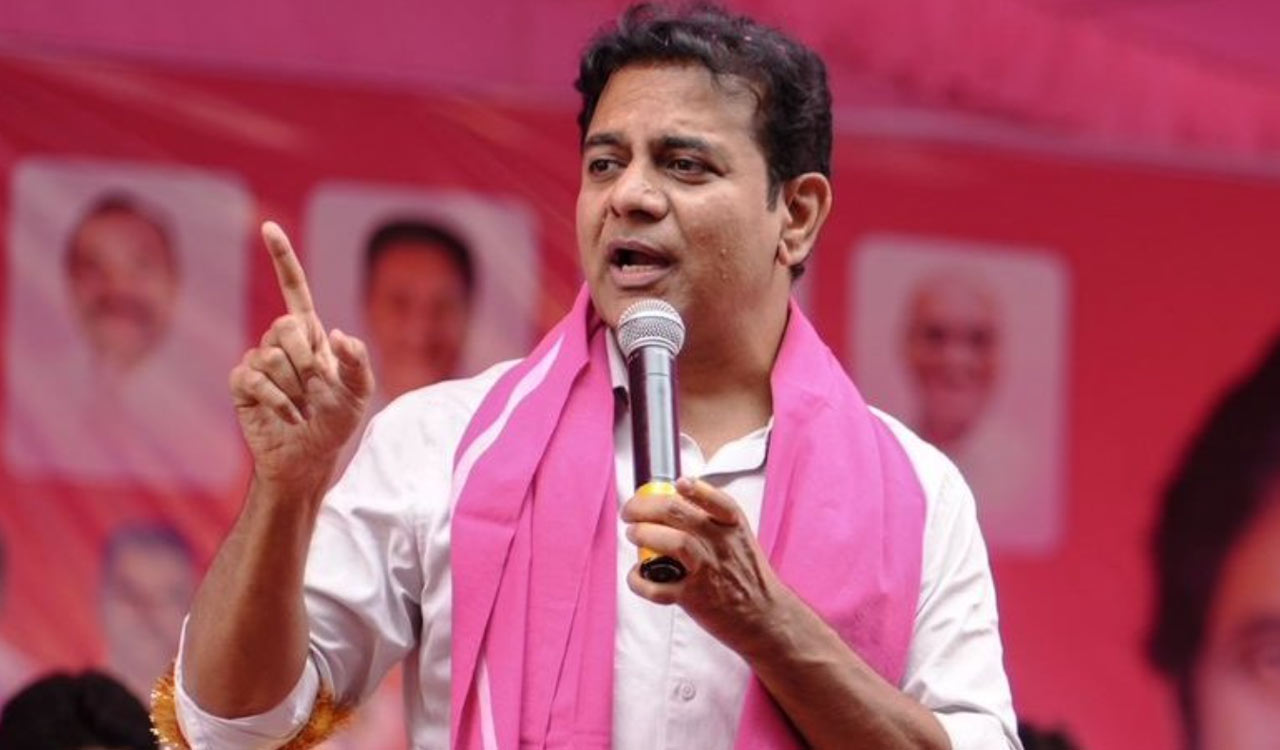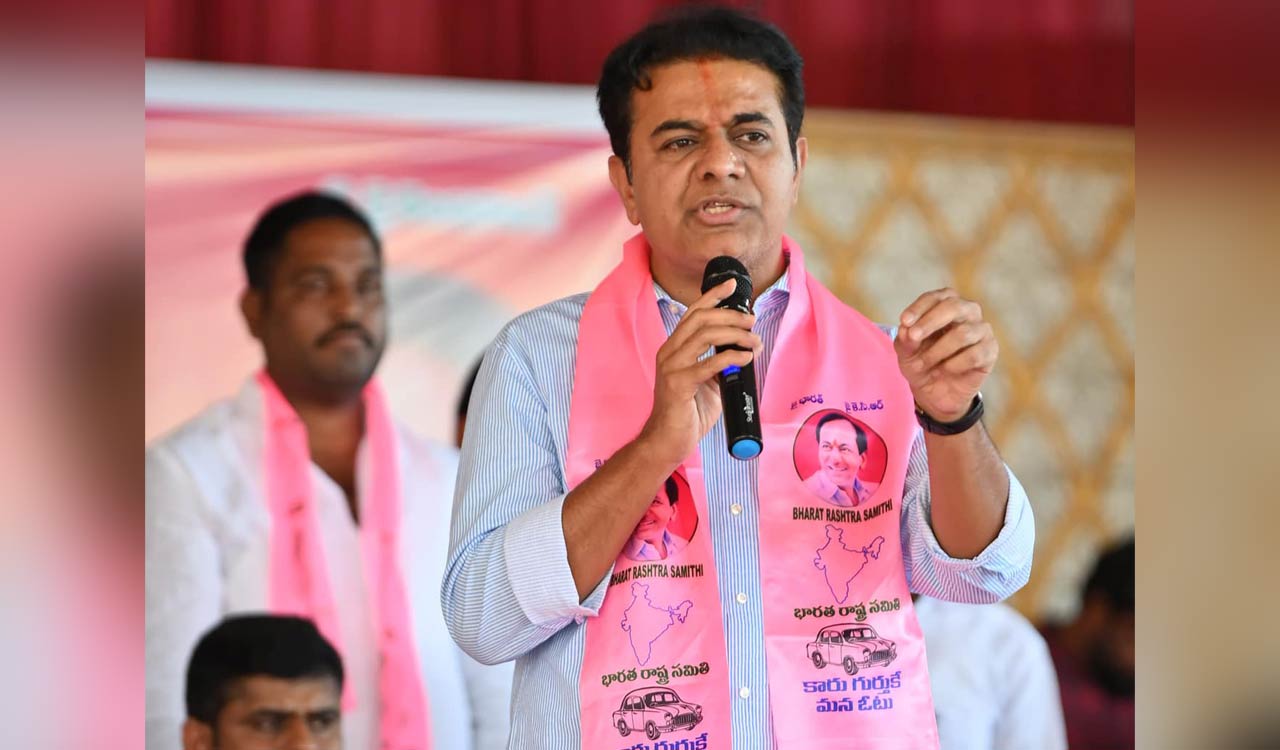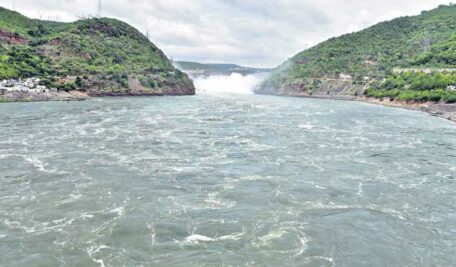Stopping the water pandemic
Integrated water resource management and policy regulatory mechanisms with differential entitlements and pricing will help

March 22 is celebrated internationally as the World Water Day by the United Nations. The day, just gone by, was first proposed in Agenda-21 of the United Nations Conference on Environment and Development (UNCED) at Rio de Janeiro in 1992. The day was observed formally as the first World Water Day in 1993. The first and foremost objective of this day is to advocate sustainable management of freshwater resources, which is considered as one of the targets of Sustainable Development Goals (SDGs).
Water is an important resource for the very survival/existence of plants as well as animal species. It is essential for human beings, poor or rich. The acute water crisis has only increased. The crisis is in both rural and urban areas. Metros like Delhi, Chennai and Hyderabad are the worst hit during summer. It is going to be another pandemic after the coronavirus. The government of India has formed the Jal Shakti ministry to address this acute water crisis.
Farm Production
Water is an essential component for agriculture production and plays a key role in increasing farm production and sustenance of livestock. It is important for food security. The exponential population growth, size of urbanisation and climate change are ultimately increasing the demand for water resources. Thus, the need of the hour is to use the water resources in a sustainable manner in agriculture as well as other sectors.
According to a Central Water Commission report, total freshwater available in India is estimated at 4,000 billion cubic metre (Bm3), of which only 1,123 Bm3 is utilised while the remainder is lost. India’s utilisable freshwater resources equal 1,123 Bm3; 690 Bm3 surface water and 433 Bm3 groundwater, where the share of agriculture in water resources is 82%, households 9%, industry 2% and the remaining 7% is for all other purposes. However, in the case of groundwater, the share of agriculture, urban households and rural inhabitants is at 89, 50 and 85 per cent respectively.
In India, groundwater is extensively pumped from many aquifers to provide water for domestic, industrial and agricultural uses. When the rate of extraction exceeds the rate of recharge by natural processes, groundwater is said to be in a state of overdraft and water levels drop. Under prolonged overdraft conditions, the water level of an aquifer can fall to a depth where it is no longer economically feasible to pump and the resource becomes exhausted.
 Overexploitation of Groundwater
Overexploitation of Groundwater
According to a NITI Aayog report, India is the largest extractor of groundwater in the world. In fact, overexploitation of groundwater is contributing to “the worst water crisis in its history”. The reasons for the rise in overdevelopment and ever expanding overdeveloped districts in the country are oversubsidised power, (helps cheap extraction of groundwater) and absence of regulation on withdrawal of groundwater.
Another reason, and a major contributor to reducing the water quality, is soil erosion. Soil erosion from agricultural land increases loading of nutrient-enriched sediment into surface water which negatively affects the aquatic organism. In addition, the use of fertilizers, especially the content of nitrogen and phosphorous generally limits algal growth in lakes and reservoirs causing dramatic shifts in aquatic ecosystems. The excess application of manure to cropland would lead to NO3 leaching to groundwater. In addition, zoonotic pathogens present in manure can impair water quality and pose a public health concern. Pesticides used in agriculture pose another threat to water quality. Pesticides can migrate off the farm and into the food chain.
It is fact that about 90% of the water is consumed in India’s farming and about 80% of this irrigation is used for water-intensive crops like paddy, wheat and sugarcane, which has high water retention. Thus, farmers need to go for crop varieties of paddy, wheat and sugarcane, which require less water. This can be one of the effective ways of solving India’s water problems. In India, most farmers grow these water-intensive crops even in drought-prone areas too due to the steady demand for these crops. The government also emphasises food security through various incentives to farmers.
Addressing Conservation
The biggest irony is that since the last five decades, the government has primarily procured wheat, paddy to increasing the buffer stock of foodgrains in order to achieve the National Food Security Mission. Therefore, it is time we diversified into crops, especially less water-intensive ones like millets, pulses and oilseeds in drought-prone areas, which can directly help the nutrition security of India in addition to creating an enormous and steady demand for these crops. Farmers in the dry land area must be incentivised to grow such less water-intensive crops.
Thus, it is necessary for State governments as well as other institutions and stakeholders to come up with a long-term solution to address the conservation of water resources and equal accessibility for all. The first and foremost is to evolve a better strategy that includes integrated water resource management for conservation and equitable distribution; with provisions of water policy regulatory mechanisms with differential entitlements and pricing.
Secondly, rehabilitate old and run down systems, expand irrigation where feasible, incentivise promotion of water-neutral or water-positive technologies, recharge underground water sources, sprinklers, drip irrigation and ridge and furrow irrigation.
Thirdly, go for a holistic approach to restore healthy water resources: land, water and agriculture being State and/Concurrent subjects, there is a need for such institutional arrangement for addressing grassroots level implementation issues; strategising policies for bringing better coherence among various policies/programmes aimed at agricultural/water use sustainability; and monitoring progress towards sustainability by setting specific physical targets, timelines and arranging money and incentive structure for enhanced public and private investment.
(The author is a Research Associate at ICAR-NIAP, New Delhi )
Now you can get handpicked stories from Telangana Today on Telegram everyday. Click the link to subscribe.
Click to follow Telangana Today Facebook page and Twitter .
Related News
-
Economic Survey vindicates BRS rule, drubs Congress’s diversion politics: KTR
-
T-Hub identity under cloud after Congress Govt decides to shift public offices into incubation hub
-
KT Rama Rao credits K Chandrashekhar Rao for TS-iPASS success
-
Jal Shakti Ministry constitutes committee on water management between AP and Telangana
-
25th batch of police canines, handlers pass out at IITA Moinabad
58 mins ago -
Kharge slams AI Summit management, alleges global embarrassment
1 hour ago -
PM Modi calls India AI Impact Expo 2026 powerful convergence
1 hour ago -
Writing code will not be main goal in AI era: Infosys Chairman
1 hour ago -
India contributes 16 per cent of world AI talent, white paper reveals
2 hours ago -
Kukatpally family conducts funeral after days of prayers for deceased
2 hours ago -
Hyderabad-based startup to begin human clinical trials for India’s first AI-driven antibiotic
2 hours ago -
Hyderabad: Mega job fair on February 23 at Red Rose Function Hall
2 hours ago




